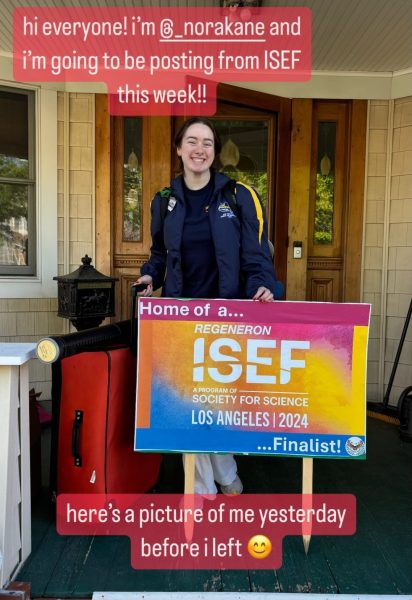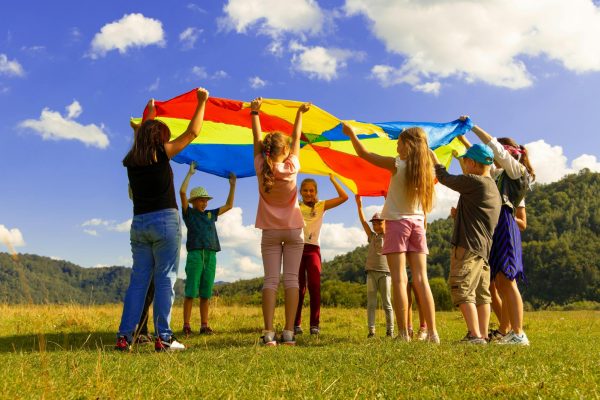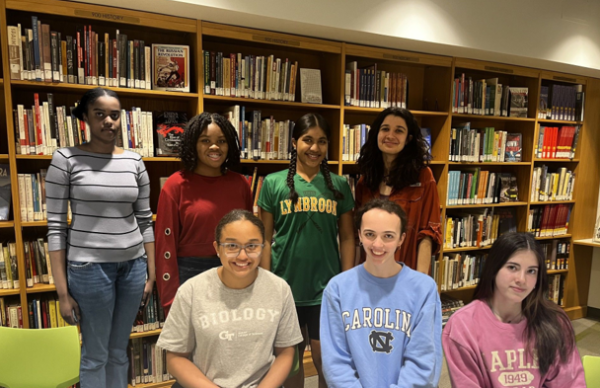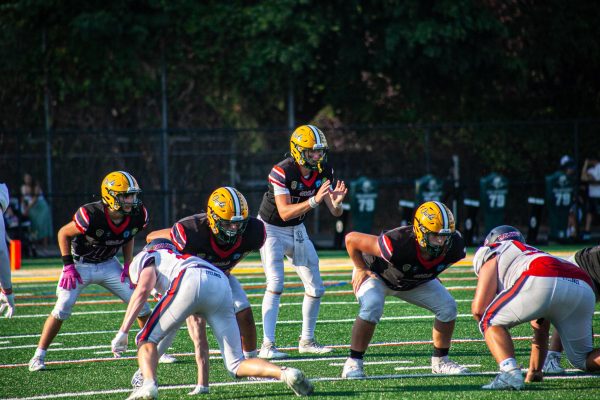The World Is Burning. What’s Next?
Our world brims with turbulence and uncertainty. Generation Z, in particular, finds itself caught in an impending wave of climate problems left by previous generations. We worry for our future and for the future of generations who follow.
We are witnessing the products of the humans before us and their activity, like the burning of fossil fuels. “As science has proven time and time again, the climate crisis is one for which humans are directly responsible. Since the beginning of the Industrial Revolution, carbon emissions/greenhouse gases have gained a significant presence in the Earth’s atmosphere. Due to the greenhouse effect, these gases insulate our Earth too much as they build up over time. Up until relatively recently, Earth’s primary source of energy has been unsustainable fossil fuels, which have thus led us to the modern-day climate,” said Olivia Lanteri, a sophomore and member of LHS’s Environmental Club. “My take on the environment is the scientists’ take: We are dangerously close to a climate breaking point. Every year it becomes more apparent that we need to take quick and effective action, seen through devastating heat waves, wildlife loss, natural disasters, and, unfortunately, so much more,” Lanteri added.
We do not often acknowledge that humans are a rather arrogant species, and we are not good at planning for the future. Our plans, especially those regarding energy production and climate and environmental effects, have never been ones that could be permanent because we never plan for permanence. Innovation and forward momentum have been the goals of our human race with little concern for the organisms and environment around us. “There are a lot of things that have to happen for us to continue living the lives we live… it’s not really a choice of if we need to do something; it’s a choice of when we do it because whatever choices we make, there are going to be consequences in the future,” said Stoycho Velkovsky, a biology teacher.
Not everything related to the declining environmental conditions is negative, however. Companies are becoming more conscious of their carbon footprint. There is a likelihood that renewable energy sources will replace fossil fuels and their derivative sources relatively soon. “There are good things happening; they just don’t get talked about as much since good news isn’t a moneymaker,” Lanteri said concerning the notion that there are positive aspects of the world’s response to the climate change crisis.
We can also take steps to address this situation, like reducing our greenhouse gas emissions, regardless of our status relative to our community or even our nation. “I think individual choices are very important; I try to make those choices myself. I have solar panels on my house, and I drive an electric car. But on my own, my choices aren’t enough,” Velkovsky said.
Yet, change will only happen if we act majorly rather than marginally. “As free individuals, we have the power to spread awareness. By contributing to the active protests and discussions online, our voice will be heard collectively. If you want specifics, switching to environmentally friendly alternatives is the best way someone can contribute to the cause. On the other hand, government officials have Constitutional power: They can really change the way things are. We’ve seen it in the plastic bag ban. However, this law would not have been enforced if not for the consistent voices of the American people,” said Manaka Ogura, a senior and also a member of the Environmental Club.
We must all be proactive, and sometimes these actions to reduce our carbon footprint and make our lives more eco-friendly are easier than we think. We can take steps such as re-evaluating the composition of our diet; buying less meat is better for the environment, as the production of meat products is highly unsustainable. “Beef production is particularly harmful to the planet. It requires 160 times more land and produces 11 times more greenhouse gases than staple plant-based foods such as potatoes, wheat, and rice,” claims the Live Kindly website (www.livekindly.co) in its article “Is Meat Destroying the Planet?” Examining one’s energy usage is also essential. If relying on a car that requires gas, one should consider how often one needs to drive and whether some places are accessible on foot instead. Actions cumulatively create a far more significant impact on helping reduce adverse effects on the environment. Clothing purchases are also an important factor in our carbon footprint, as fast fashion adds to waste production. Many major companies, including H&M, Zara, and Forever 21, contribute to the annual waste produced across the globe.
“There are things that we can do that will help reduce the effects of climate change and help reduce the damage of climate catastrophes like floods or fires. By restoring wetlands and sand dunes on the East Coast, that can reduce flooding, but also it means that there is more surface area to absorb carbon dioxide. Salt marshes are actually a great place for all sorts of organisms; restoring forests increases the likelihood of having smaller forest fires that burn more regularly to clear out some of the undergrowth, which will result in less destructive forest fires and healthier forests that can absorb more carbon dioxide,” said Velkovsky. Our climate issues are indeed systemic, but this acknowledgment will only take us so far.
Our world will definitely look different to future generations, regardless of whether we attempt to reduce our carbon emissions and our negative effect on the environment. “I’d say not to give up and continue the fight. This planet is worth fighting for. Yes, their world will be different given that much has changed compared to just 20 years ago. But have the strength to pass the world to the next generation in better shape than it was in before,” Lanteri said.
Instead of fearing what life will be like in the future, being proactive is better. We must demonstrate that we made an effort to turn the fate of our planet around and that we worked to create a better world for our children and grandchildren.
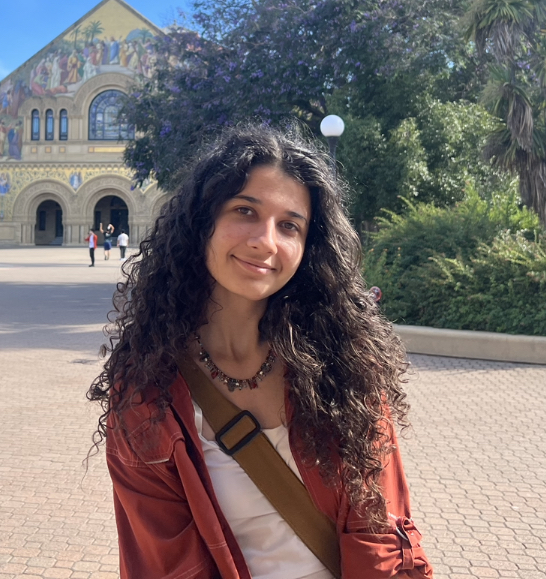
I’m a member of the Class of 2025. When I’m not writing, editing, or helping lay out Horizon’s print editions, I like to rock climb, learn about...


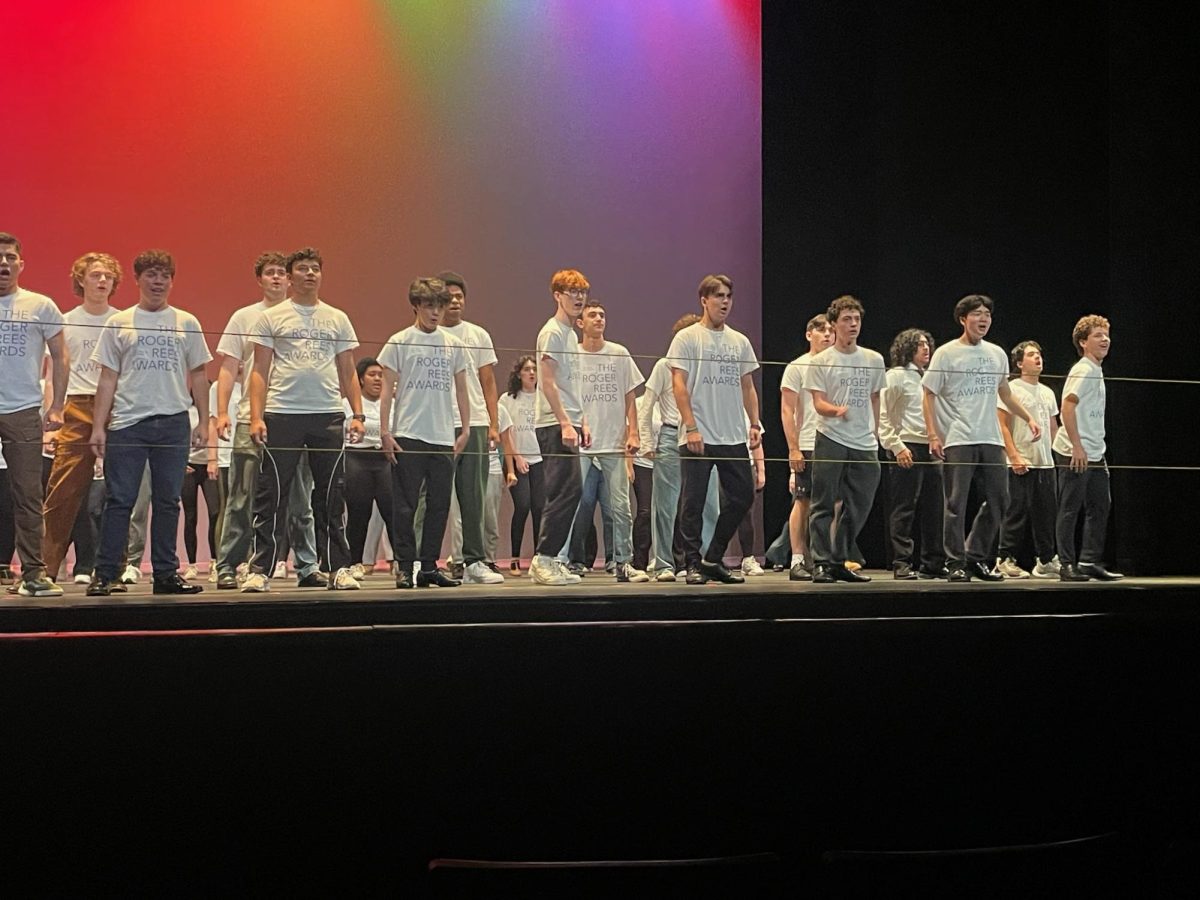

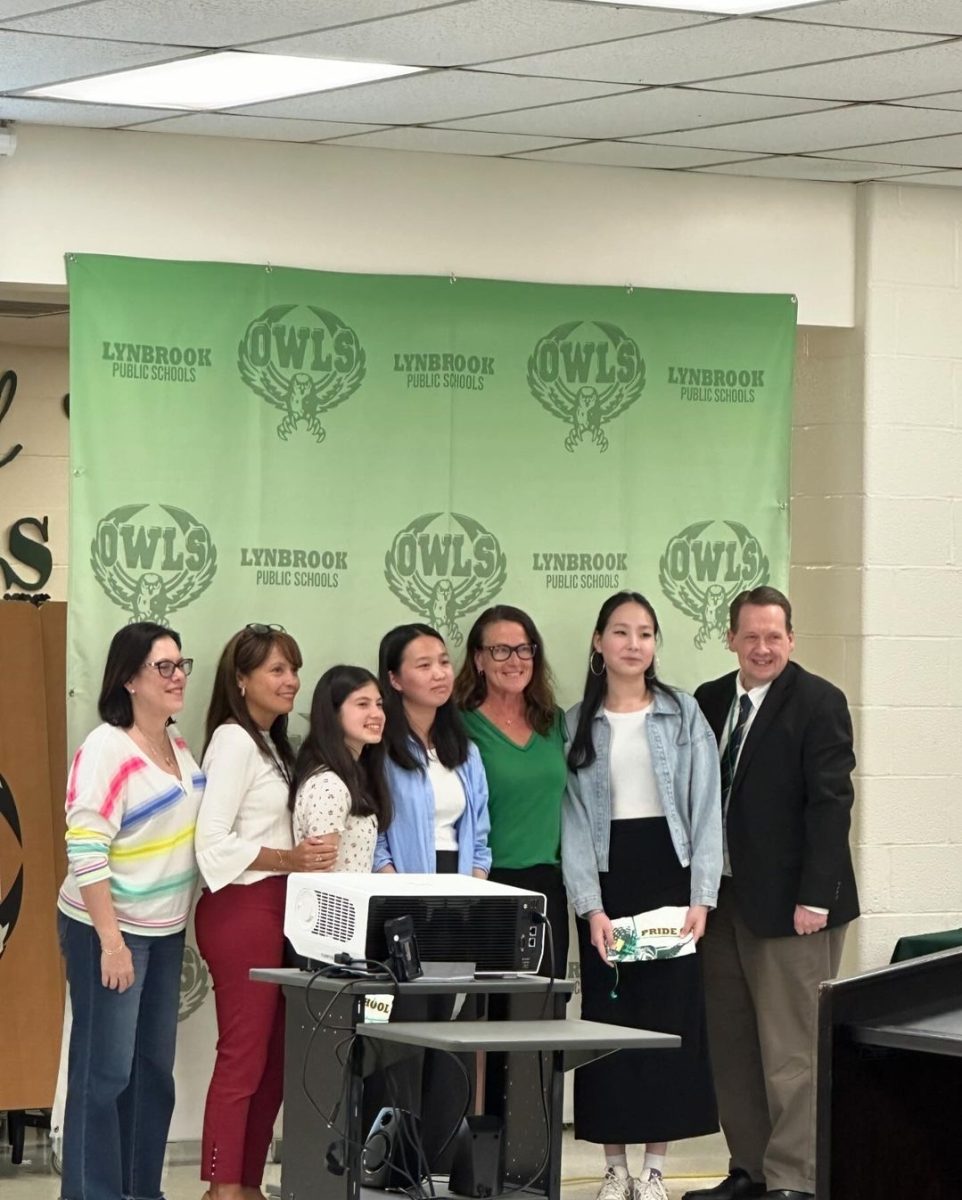
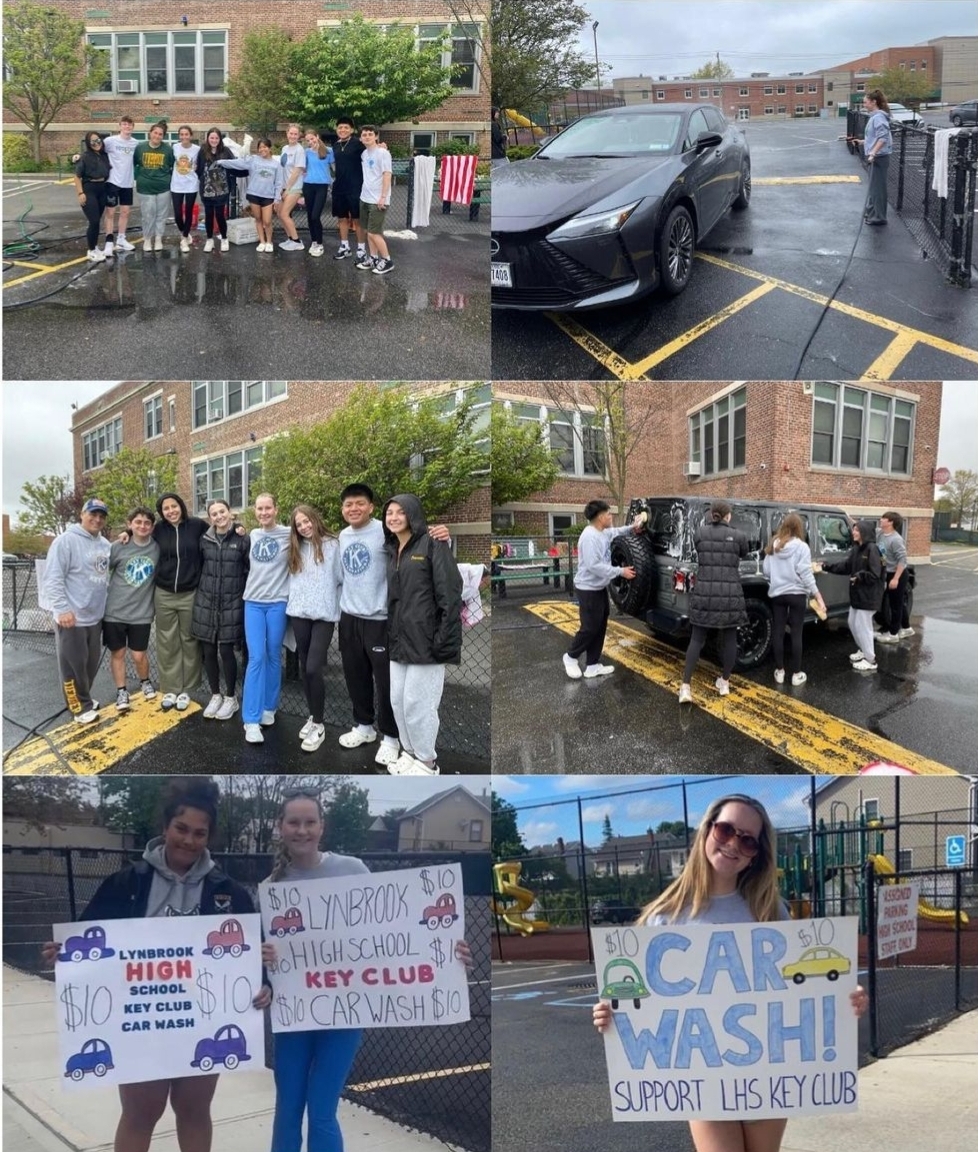

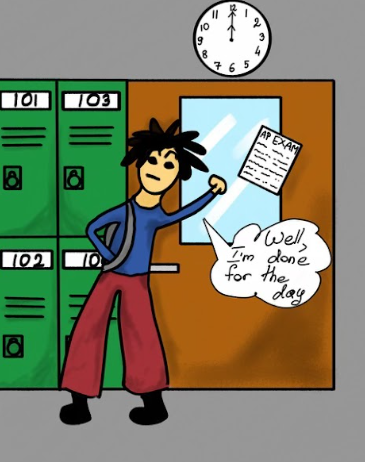
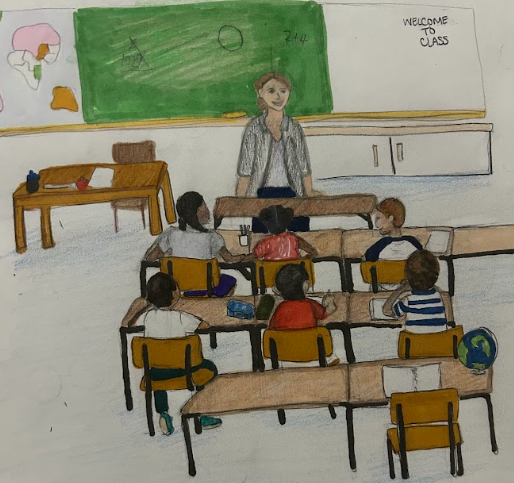




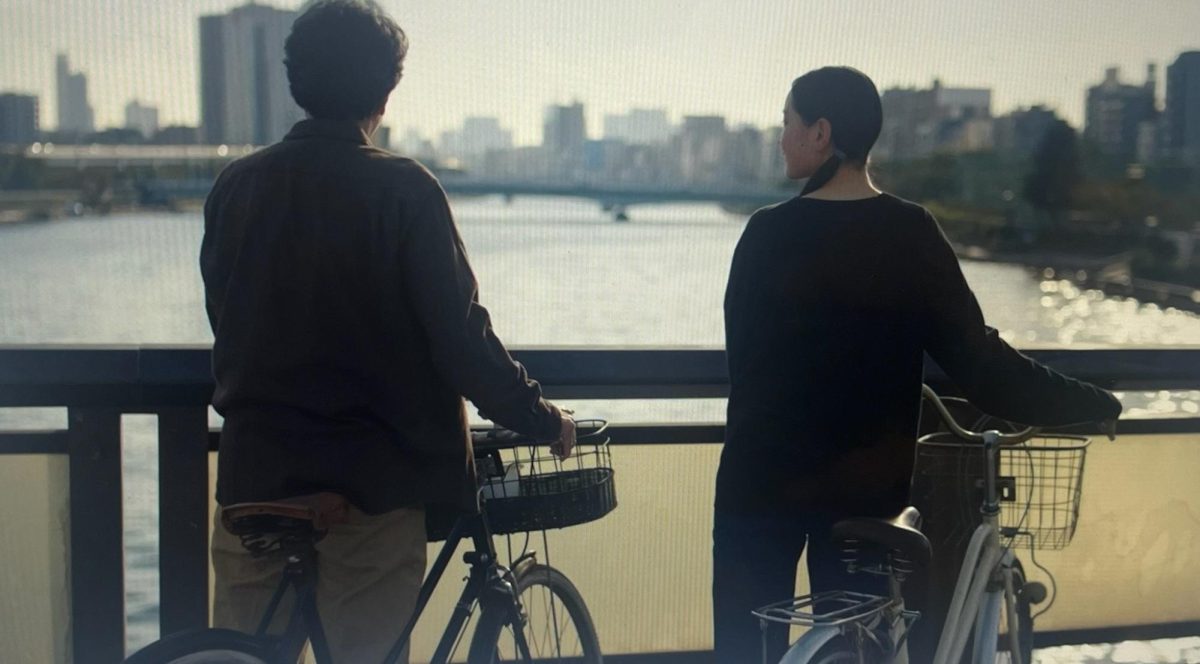
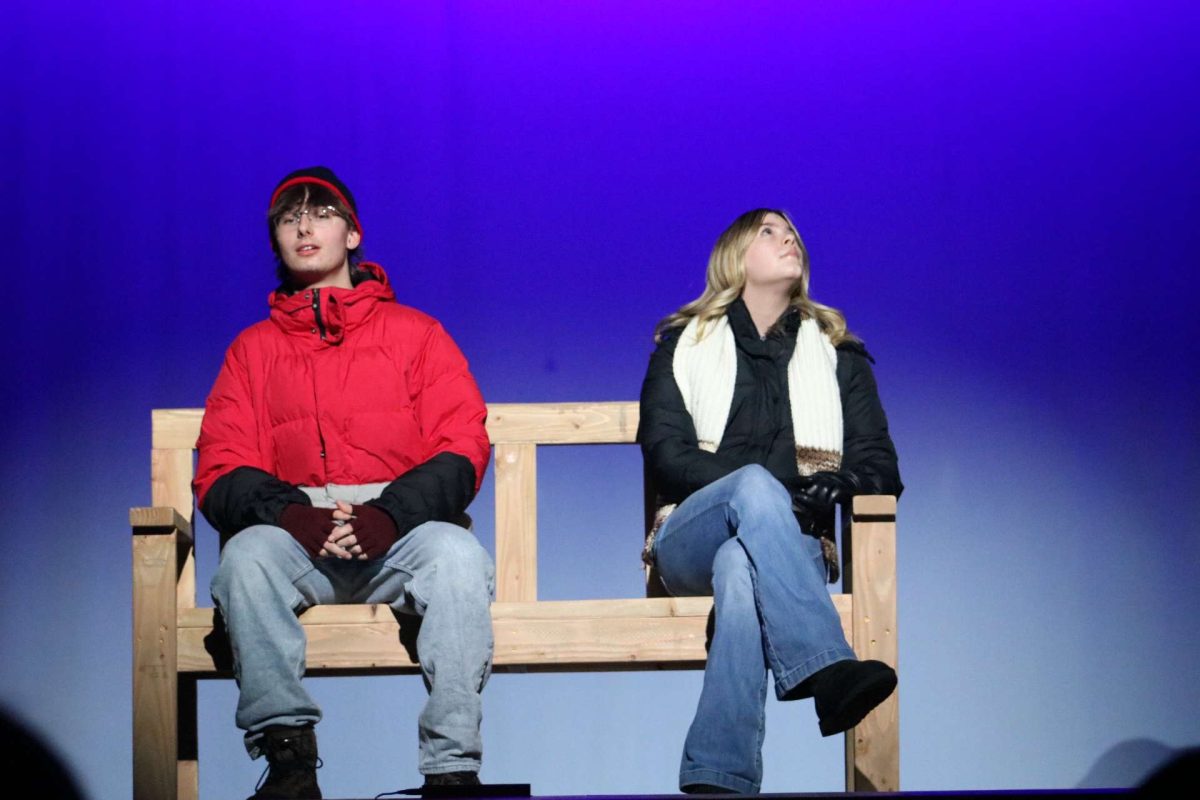
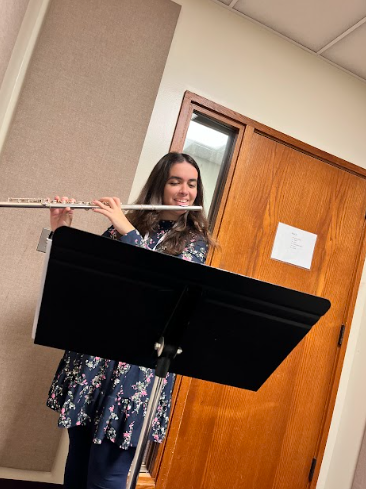
![Key Club members pose for a photo with Club Advisor Dr. Tieniber [far right] at Stonebridge Country Club. Photo Courtesy of @lhstieiber Instagram page.](https://lhshorizon.com/wp-content/uploads/2024/10/tempFileForShare_20241014-162748.jpg)
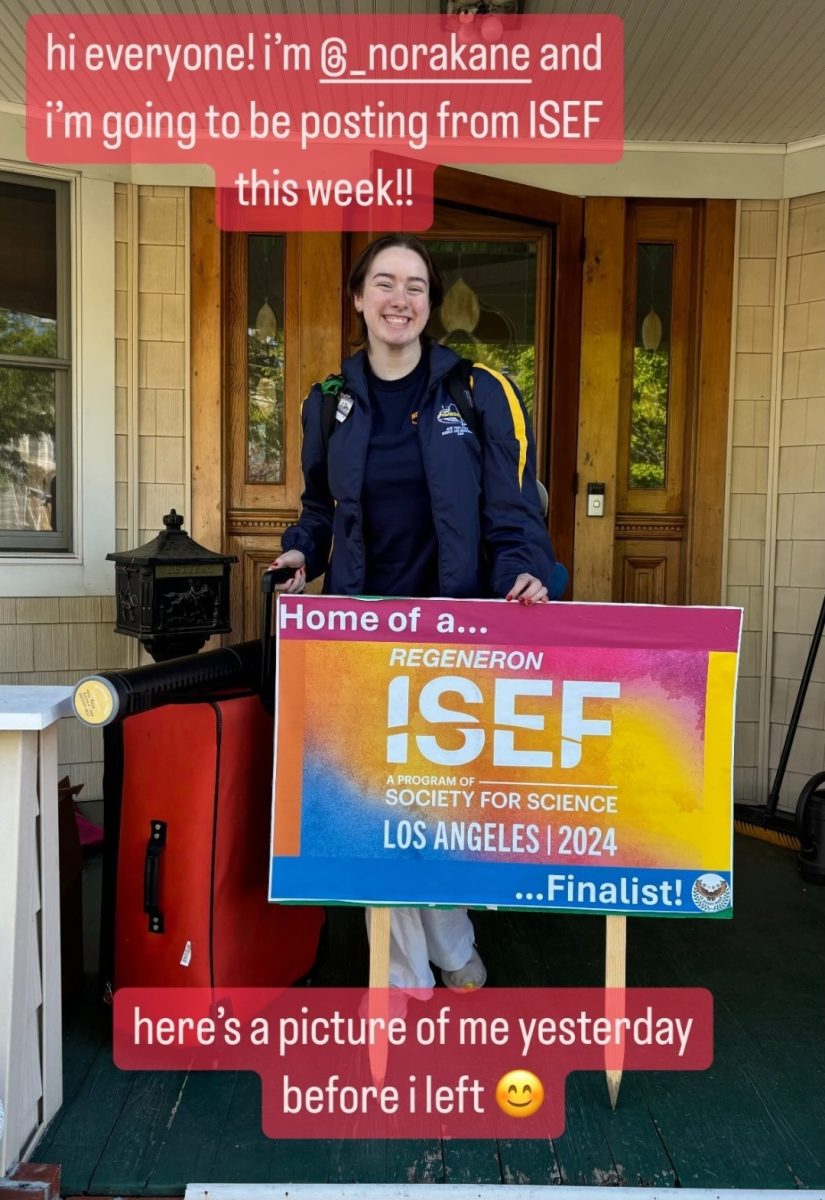

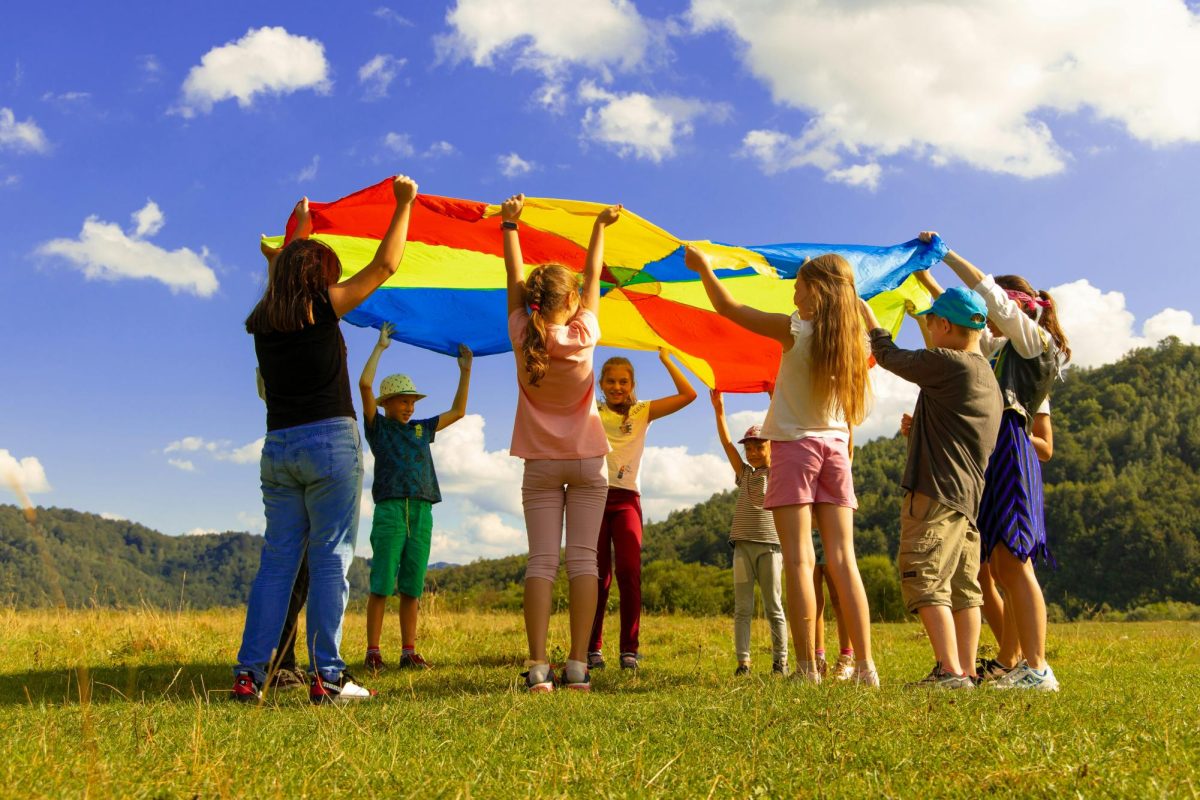
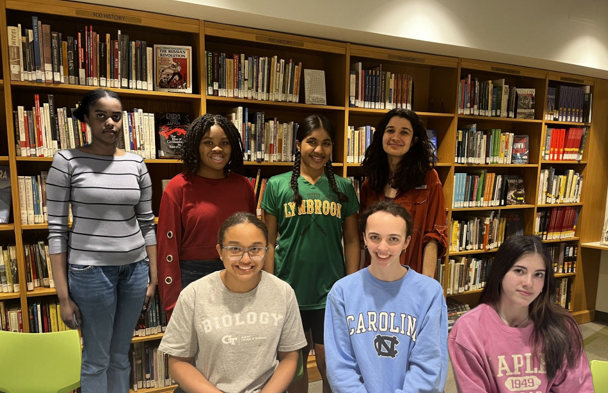
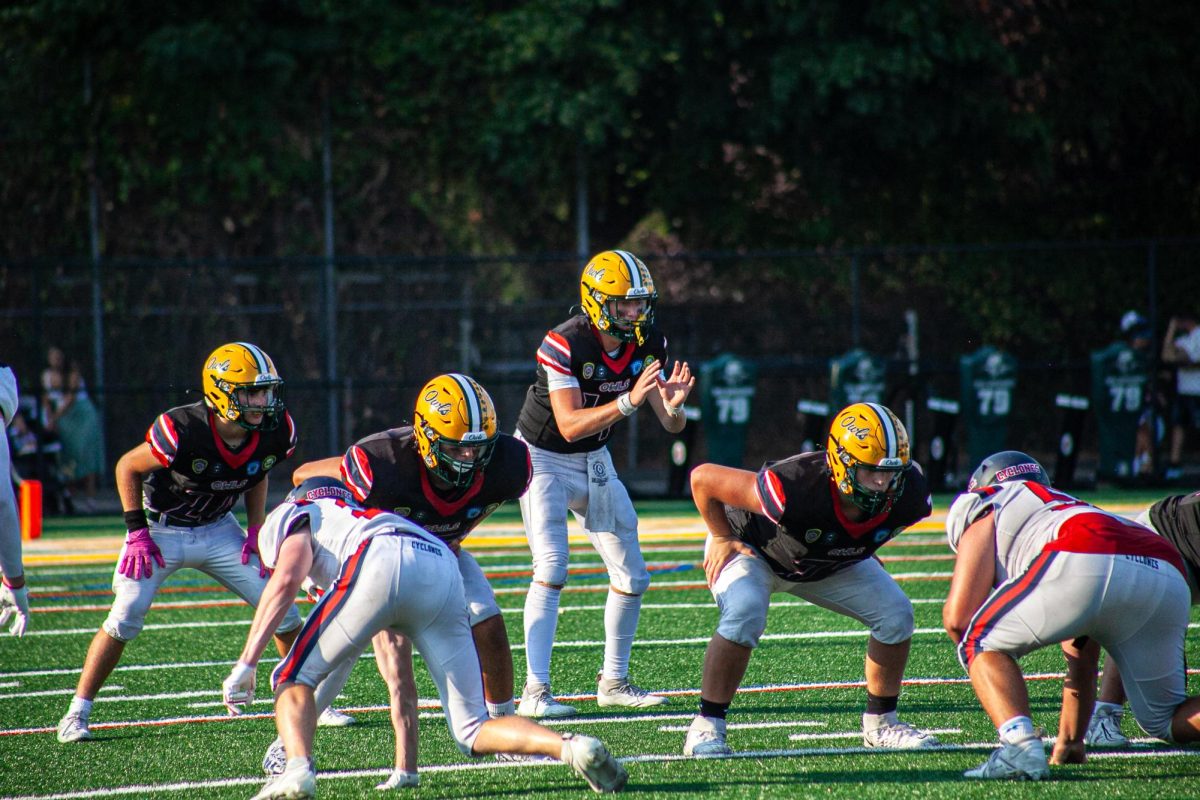
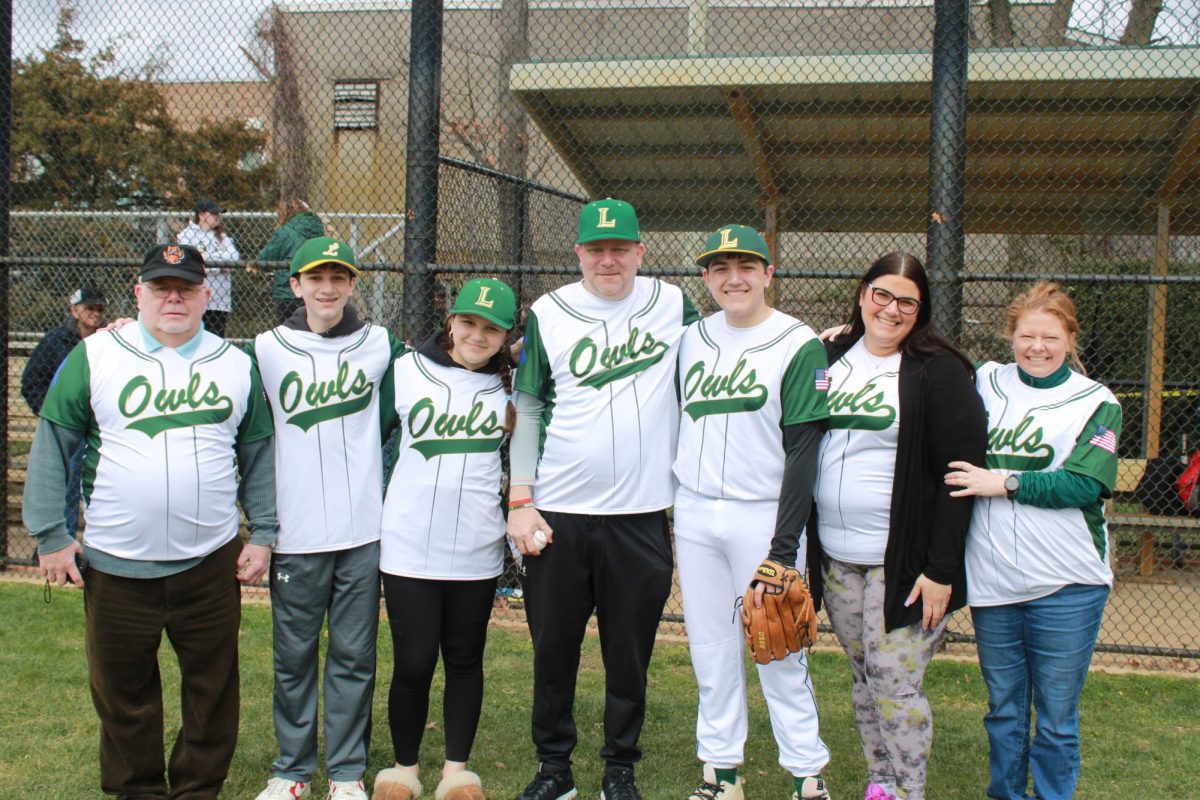
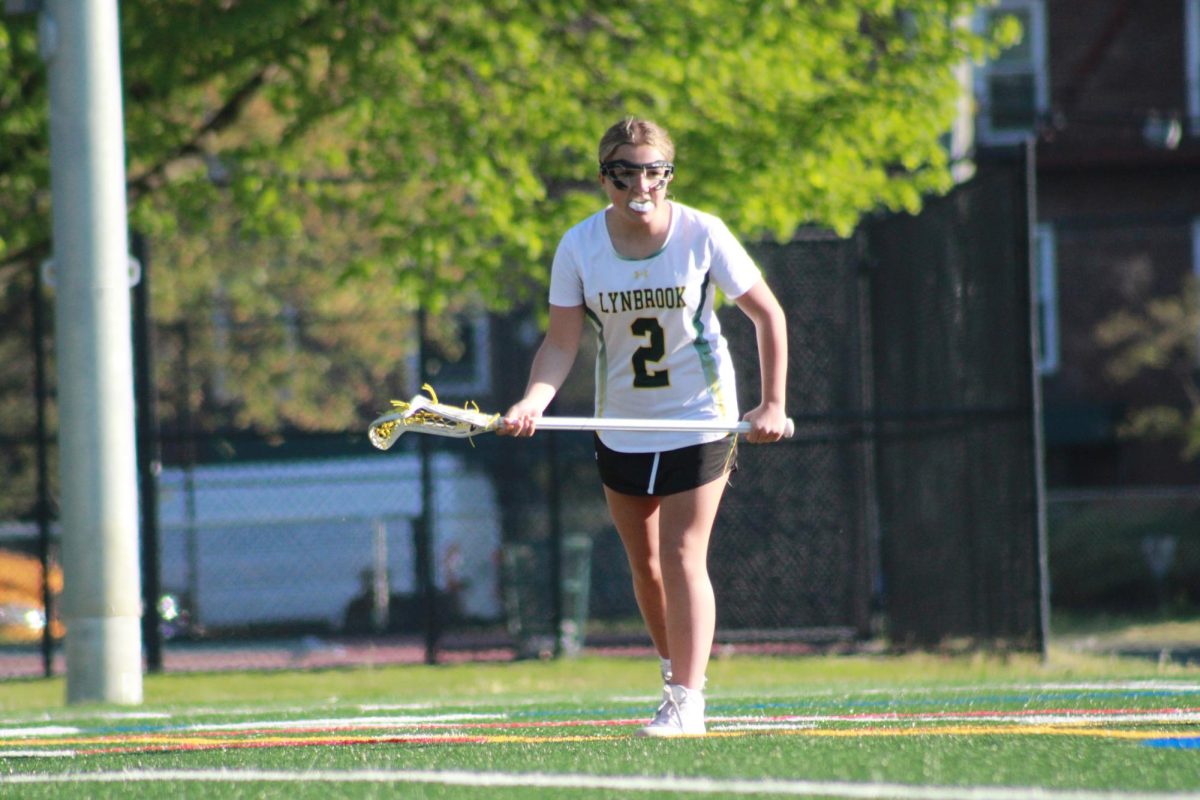
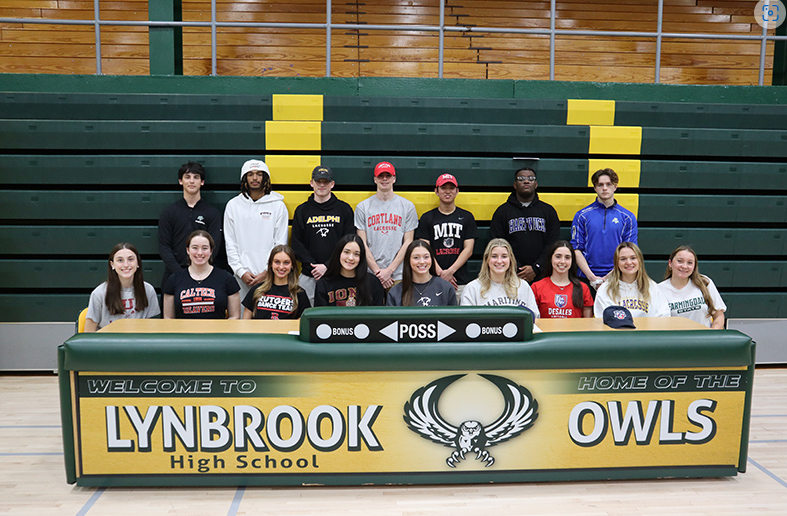

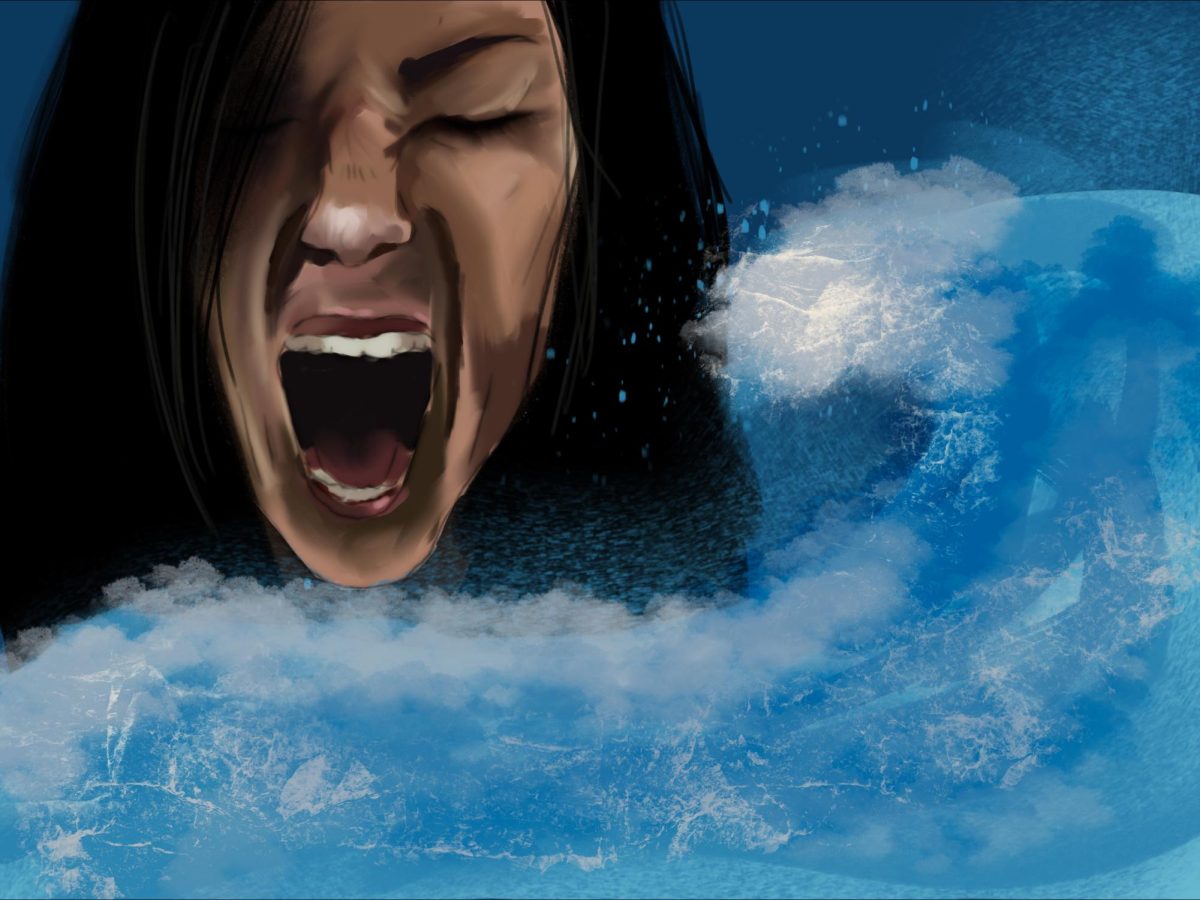




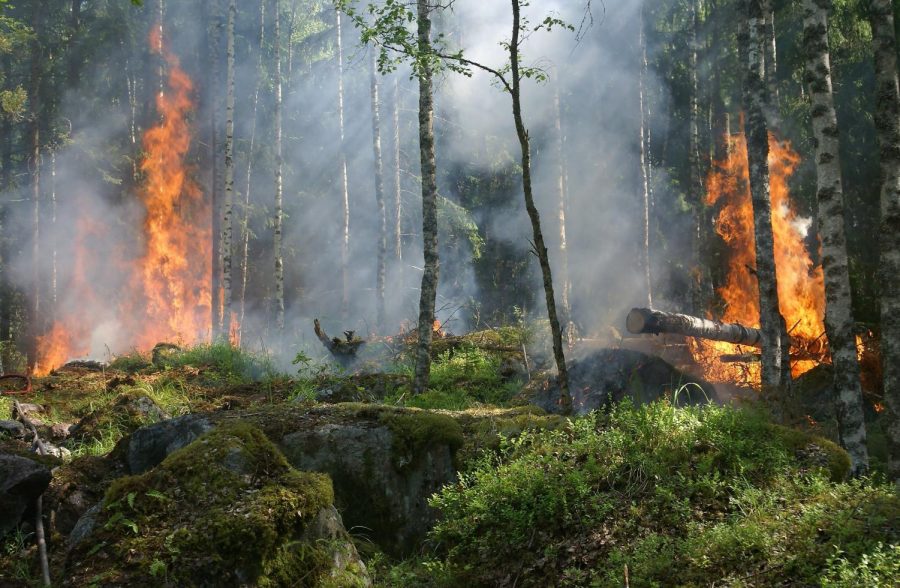
![Key Club members pose for a photo with Club Advisor Dr. Tieniber [far right] at Stonebridge Country Club. Photo Courtesy of @lhstieiber Instagram page.](https://lhshorizon.com/wp-content/uploads/2024/10/tempFileForShare_20241014-162748-600x448.jpg)
